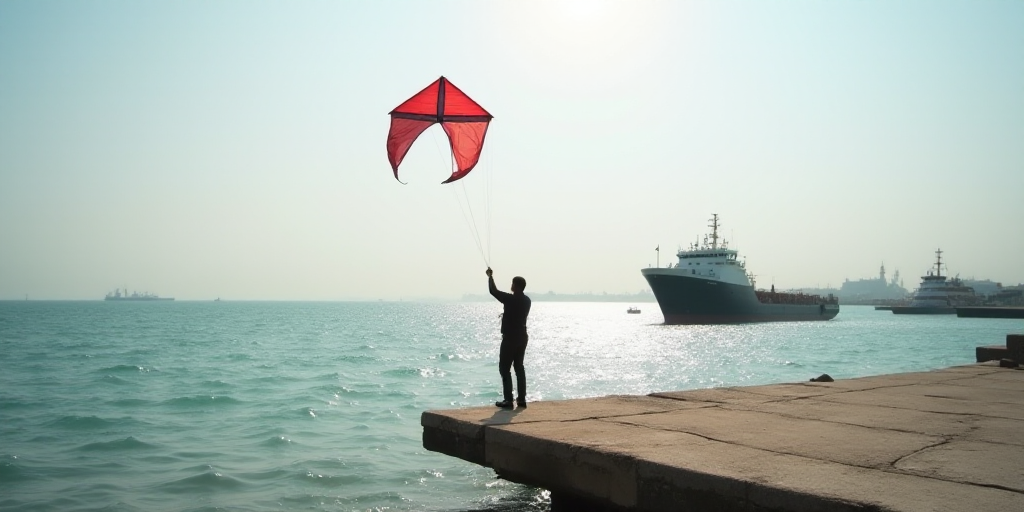Background and Relevance of the Individuals Involved
The Portuguese government has demanded that four of its citizens, who participated in the Global Sumud humanitarian flotilla to Gaza, cover the costs of their return from Israel. These individuals embarked on this mission funded by civil society, not as representatives of the state.
The Flotilla Participants
Among the four Portuguese citizens were Mariana Mortágua, the only representative from the Left Bloc in Portugal’s National Assembly; actress Sofia Aparício; and activists Miguel Duarte and Diogo Chaves.
Government’s Stance and Individual Responses
The Portuguese government explained that the travel expenses were prepaid “for logistical reasons.” A letter was sent along with a reimbursement request form, as reported by Portuguese media.
Mariana Mortágua acknowledged her responsibility to pay for her flight but criticized the government’s decision. She stated, “A decent government would send the bill to the perpetrator of genocide,” emphasizing that they were illegally transported to Israel, with Gaza as their intended destination.
Paulo Rangel, the Minister of Foreign Affairs, defended the government’s decision. In response, Mortágua tweeted: “The government decided to charge for aid carried against genocide… I will pay the ticket, buying proof that there are ministers without character.”
Key Questions and Answers
- What is the Global Sumud Flotilla? The Global Sumud Flotilla was a humanitarian mission aiming to deliver aid to the Gaza Strip.
- Who are the four Portuguese citizens involved? The individuals are Mariana Mortágua, Sofia Aparício, Miguel Duarte, and Diogo Chaves.
- Why is the Portuguese government demanding repayment? The government argues that since this was a civil society-funded mission and not an official state mission, the participants are responsible for their travel costs.
- How have the participants responded? Mariana Mortágua has agreed to pay for her flight but criticized the government’s decision, while Paulo Rangel defended it.
This situation highlights the complexities of international humanitarian missions and the responsibilities of individuals participating in such endeavors, regardless of their motivations or the backing organizations.






